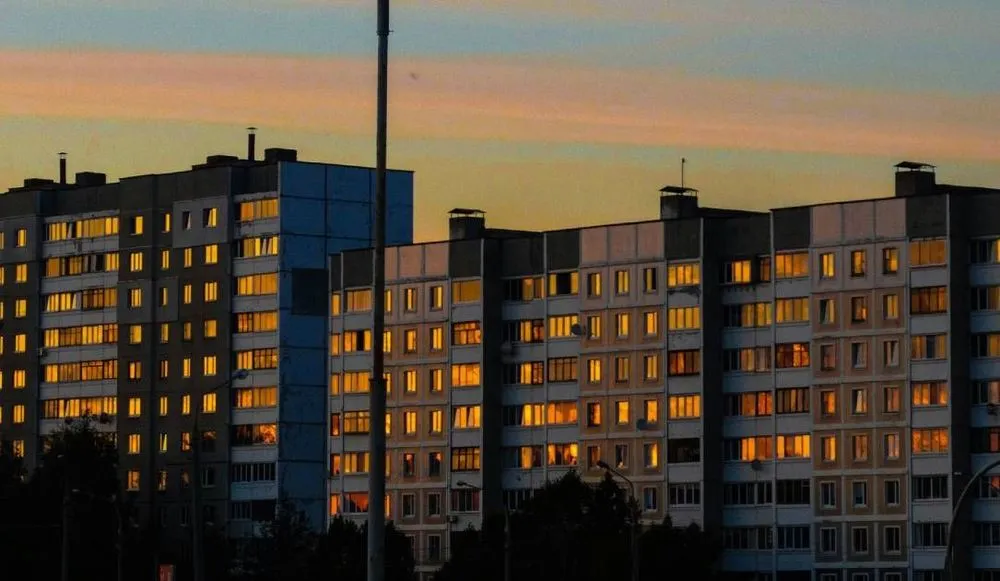Belarus arrests members of ‘neighborhood’ chat groups ahead of January election
Belarus has launched a new wave of arrests ahead of January’s presidential election, primarily targeting members of online neighborhood chat groups.
According to a statement from the Viasna human rights center, more than 100 Belarusian citizens have been detained across various cities in the last week — most of whom were participants in online chats created for residents in apartment buildings to communicate with each other.
Earlier in October, the Belarusian security service (KGB) designated these so-called “neighborhood chats” as “extremist” due to their role in coordinating massive protests against the 2020 presidential election, which many Belarusians and international observers widely regarded as rigged.
These chats are usually created on the Telegram messaging app and typically have several dozen members. During the previous election, they were used to discuss potential demonstrations, warn about possible raids, and coordinate protest participants. Members of online groups deemed extremist in Belarus could face up to 10 years in prison.
President Alexander Lukashenko was elected to his sixth term since 1994, claiming an overwhelming victory with around 80% of the vote despite evidence suggesting widespread election fraud and manipulation of results.
Viasna reported that this new wave of repression against Belarusian citizens comes in the lead-up to January’s election, in which Lukashenko is seeking a seventh term.
Following the 2020 protests, major opposition figures in Belarus were either imprisoned or fled the country. According to Lukashenko’s main opponent in the 2020 election, Sviatlana Tsikhanouskaya, over 1,300 Belarusian political prisoners remain essentially hostages of the regime, many of them in critical condition.
It is common in Belarus to prosecute and even sentence people for being part of an online community or expressing their political opinions on social media. For example, in November Belarusian blogger and YouTuber Uladzimir Tsyganovich was sentenced to 15 years in prison on charges of preparing “mass riots.”
Блогер Уладзімір Цыгановіч — асуджаны да 15 гадоў калоніі
— Viasna (@viasna96) November 6, 2024
Яго ўжо тры разы судзілі паводле арт. 411 КК (злоснае непадпарадкаванне патрабаванням адміністрацыі калоніі). Яму дадалі яшчэ дадаткова тры гады зняволення (вынік трэцяга суды выствятляецца). pic.twitter.com/fLYYWlrin5
Similar to Russia, authorities in Minsk have imposed strict restrictions on citizens' digital freedoms. Independent media in Belarus is labeled as "extremist" and journalists face prosecution.
If the KGB discovers that Belarusians follow or support the opposition movement or independent media online, they can be sentenced to up to six years in prison, Tsikhanouskaya told Recorded Future News in an interview in February.
For this reason, many Belarusians use two phones — one for if they are stopped by the KGB and another to access real news rather than state-sponsored propaganda.
“People in Belarus are actively seeking information, and this is important,” Tsikhanouskaya said. “They don't merely rely on what state television broadcasts. Instead, they use virtual private networks (VPNs) or burner phones to access authentic news sources."
Daryna Antoniuk
is a reporter for Recorded Future News based in Ukraine. She writes about cybersecurity startups, cyberattacks in Eastern Europe and the state of the cyberwar between Ukraine and Russia. She previously was a tech reporter for Forbes Ukraine. Her work has also been published at Sifted, The Kyiv Independent and The Kyiv Post.



